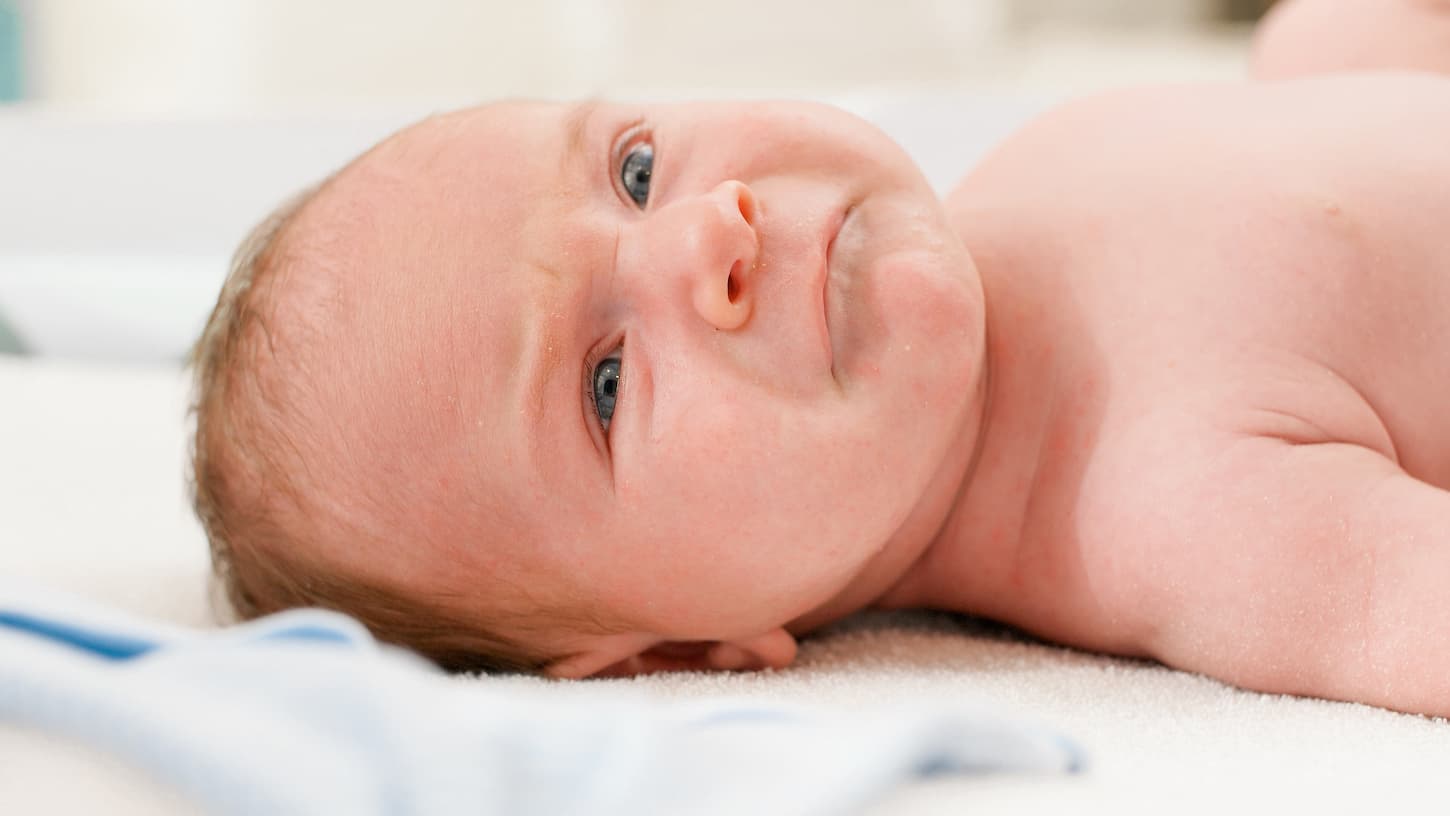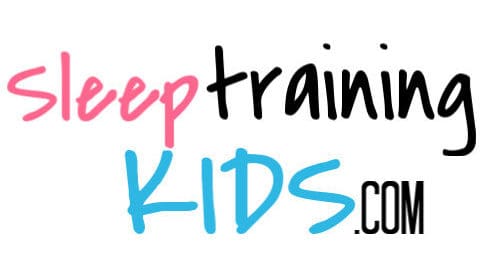There’s nothing better than having a good night’s sleep, especially for new parents. It is unrealistic for parents to expect their babies to not experience sleep regression as it is a crucial phase in a baby’s life. But the question is how early should one expect sleep regression to begin? We also needed to answer this question and we believe we have the answers you need.
Sleep regression can occur at the early stages of an infant’s life or when a child reaches important milestones. Sleep regressions are a period when the baby begins to experience sleeping disorders, finding it extremely difficult both to fall asleep and to go back to sleep after waking up.
A baby’s sleep regression can start anytime, either way getting prepared to handle that stage in the baby’s life matters. It is normal to freak out and have so many questions going through your head; we’ve done our research and we’ve combined our experiences to get through this drastic stage of your baby’s life. Here’s what you need to know about sleep regression.

When Do Sleep Regressions Usually Happen?
The first sleep regression happens when an infant is about four months old. Other sleep regressions will happen as babies reach various milestones. Not every milestone will trigger a sleep regression in every child.
When you start to notice that your baby is unable to sleep throughout the night, crying at intervals in the middle of the night, and being uncomfortable, that baby may have begun its sleep regression phase.
Some of the most common milestones that can trigger sleep regressions include:
- Four months of age
- Crawling
- Standing
- Walking
Here are signs of sleep regression to look out for.
Sleep Regression Symptom #1: Fussing
The baby begins to display unnecessary angry episodes and is difficult to satisfy or calm down.
At this point, the mother should try and calm the baby down by rocking it back and forth and also singing lullabies. Babies love to hear pleasant sounds.
Sleep Regression Symptom #2: Multiple Night Wakings
Babies are fretful at this time and very impatient. Nothing breaks a mother’s heart than a baby that won’t stop crying. Wrap the baby in a warm cloth and cuddle it till it goes back to sleep. It’ll take some time, so be patient.
Sleep Regression Symptom #3: More Nap Time
The baby sleeps a lot more in the daytime and wakes up when it’s almost dinner time. This will prevent the baby from falling asleep later at night. You can help the baby by shortening nap time. Keep the babies busy and active during the day to tire them out.
Can Sleep Regression Start Early?
Sleep regressions may start early or late at any age. This is especially true during the four-month sleep regression for babies who were born prematurely or in cases of babies who matured more quickly to the end of their fourth-trimester mark.
Sleep regressions happen due to both nature and nurture. At four months of age, sleep regressions can start as a result of the gene and sleeping patterns finally settling into their more adult rhythms. This change triggers sleep regression.
Some babies start earlier than most. All babies experience sleep regression – the timing and nature of sleep regression can vary for every baby. This is true for all sleep regressions that may happen with subsequent milestones being reached. And not every baby will have sleep regressions with each milestone.
As being taught during antenatal sessions, a mother is expected to monitor the baby’s changes and moods as it grows. The baby is going to go through drastic changes as he approaches the fourth month and it is important to look out for that as you prepare to adjust to this new lifestyle.
What Causes Sleep Regression?
Sleep regressions happen naturally with brain and sleep cycle maturation at four months of age. Sleep regressions also happen when children reach new milestones that disrupt or change their natural sleep cycles. Not every milestone will trigger a sleep regression for every child.
An infant goes through sleep regression during its development stage and is excessive when the baby is sick, teething, having allergies, or feeling extremely uncomfortable.
At times, the babies might not be having those issues but could still be having sleeping problems. The babies probably can’t sleep because there’s poop in their diapers and it’s itching them. Babies have trouble sleeping when they are uncomfortable, wet, and sticky.
How Early Can Sleep Regressions Start?
The four-month-old sleep regression may start as early as the third month or as late as 5-6 months old, depending on the child. As a baby’s sleep pattern becomes more complex and mature, and everything begins to change drastically, then a sleep regression is more likely to start.
Sleep regression will happen in your child’s life whether you like it or not. It is a sign that your baby is growing and maturing from being a newborn to being a developing baby, toddler, or child.
A baby’s sleep cycle will change and the baby will be difficult to put to sleep. This is completely normal and it is a period of increased fussiness and restlessness for your baby.
When a baby is born, the brain is still a working program and a lot of development goes on. Sleep regression occurs as a result of growth spurts and their brain undergoes more development when they are asleep.
Do Sleep Regressions Start Late?
Late sleep regressions can happen in a baby’s life when the baby is far along in his sleep cycle and can last briefly for a few months.
The baby’s daytime sleep is going to be transforming and shifting around this time. Their sleep sessions need to be kept the same and accommodated as per usual or you’ll have a long night of fretting, crying, and fussing.
Sticking to day to day activities can help you keep to schedule and the time you spend nursing the baby to sleep and feeding time at night would slowly decrease

How Late Can Sleep Regression Happen?
Sleep regressions can be either late in terms of weeks or months past an expected regression or late in terms of the child’s age. “Later” sleep regression can begin as late as the ages of 6, 8, 12, 18, and 24 months. This is not an abnormal occurrence in the baby’s life as every baby is different and their growth does not happen the same way.
During this period, the naps are gradually going to drop and there might be a bit of a back and forth with their sleep cycle. For example, they can move from having 3 naps to having 2 stable long naps, which will affect their night sleep. It may even trigger a complete regression in sleep.
They might come off as super active and filled with a ton of energy at midnight, but they are just tired and that makes them uncomfortable and cranky.
Routine and habits start to stick during this 8-month mark. They are now getting used to the step-by-step that leads up to bedtime and daily routines. Meeting up with daytime naps is very important. Even though they may seem like they’re not sleepy, when it’s nap time, put them to sleep. They don’t start fussing until they’re extremely tired.
Key Takeaways on Sleep Regression Timing
Parenting is terrifying for everyone, especially for new parents. There’s no magical manual to give you guidelines and show you if it’s black or white. In fact, there’s a whole lot of grey in parenting – especially as you figure things out.
But we hope that with our help you will be able to get progressive restful nights. So if you’re dealing with sleep regressions, make sure you check out our articles on sleep regression by age.
- Here’s our article dealing with the 4-month-old sleep regression.
- If your child is over 10 months old, make sure you read this article on sleep regression.
- And no matter what age your child is, make sure you read this article on when to start sleep training. It’s got a month-by-month guide to get you going with an appropriate method so you’ll get to sleep faster.
Those are all great reads, so make sure you check them out next.
Resources
Learning about parenting or sleep training techniques is important to learn from various reputable sources. These are the sources used in this article and our research to be more informed as parents.
- Colleen, de Bellefonds. “What Is Sleep Regression?” What to Expect, what to expect, 19 Feb. 2020, www.whattoexpect.com/first-year/sleep/sleep-regression/.
- “We Help Babies Sleep And Families Thrive.” Nested Bean, www.nestedbean.com/
